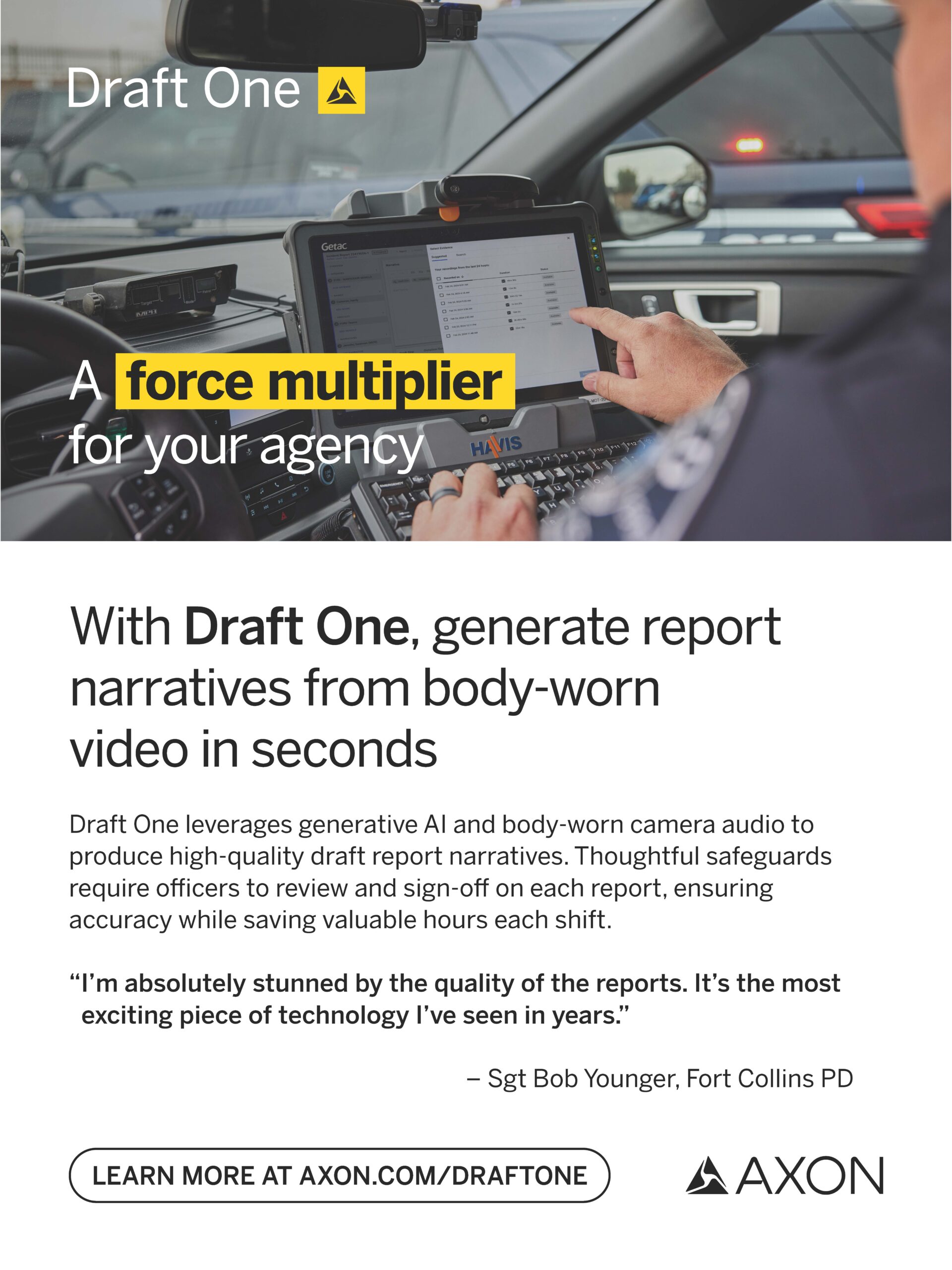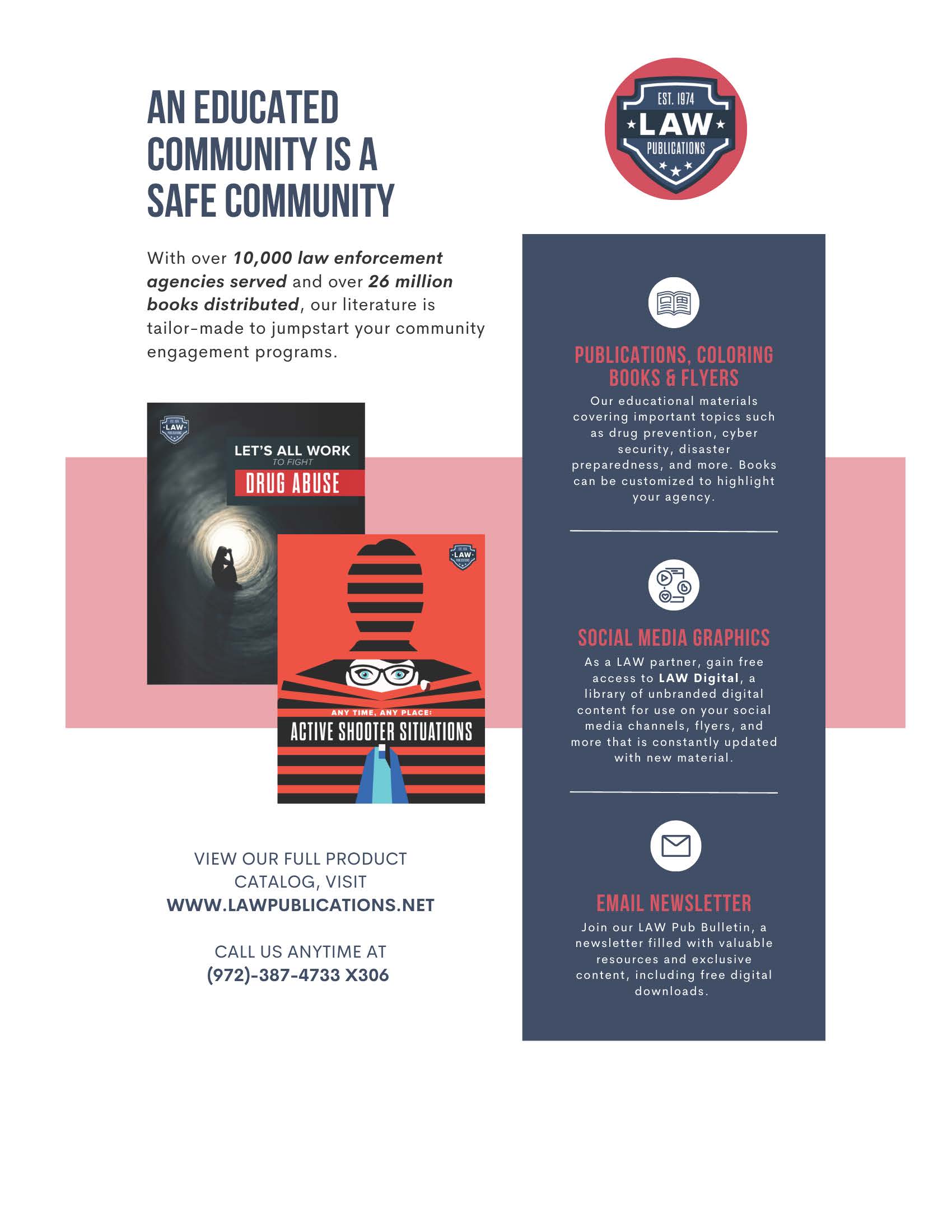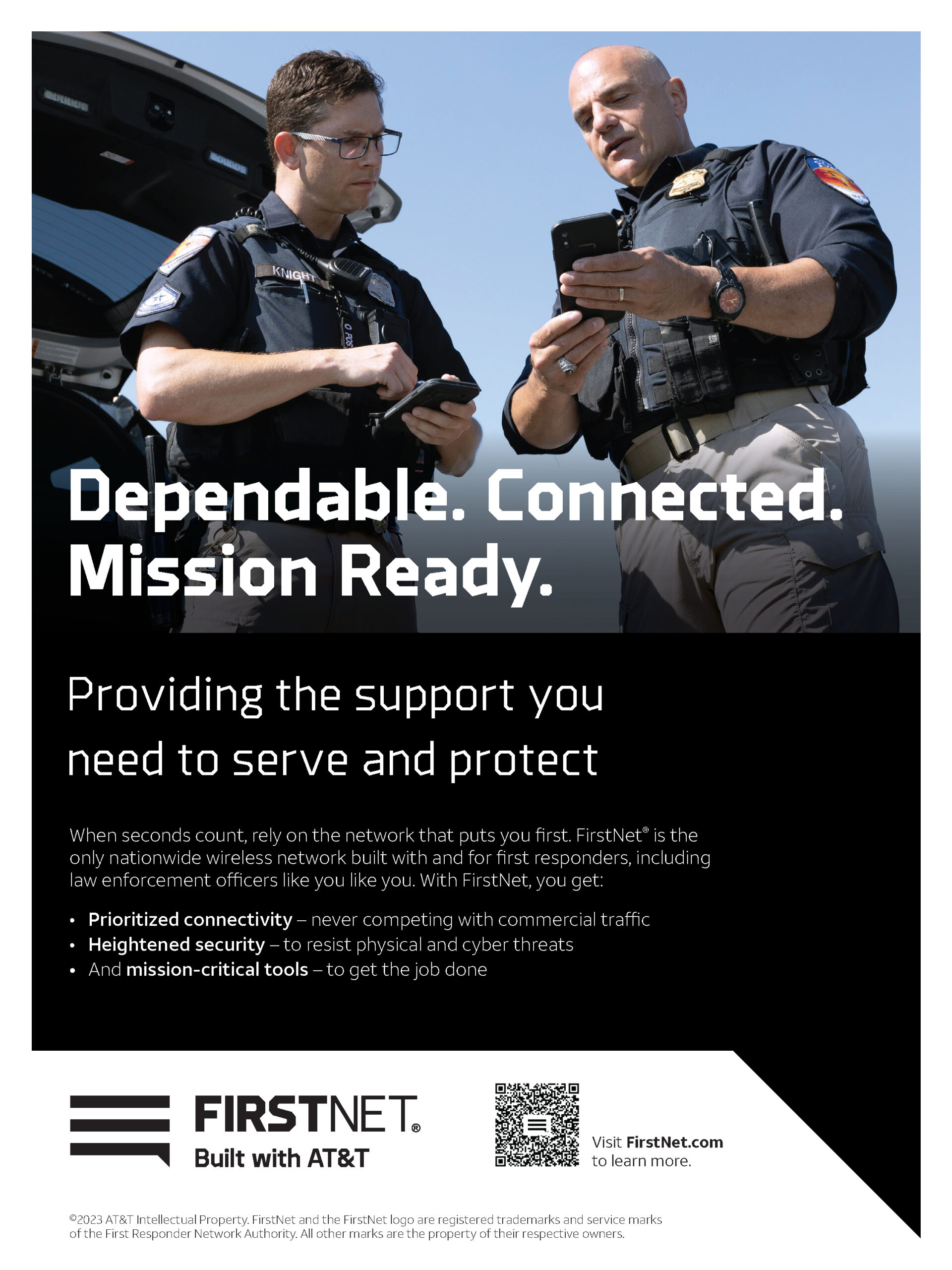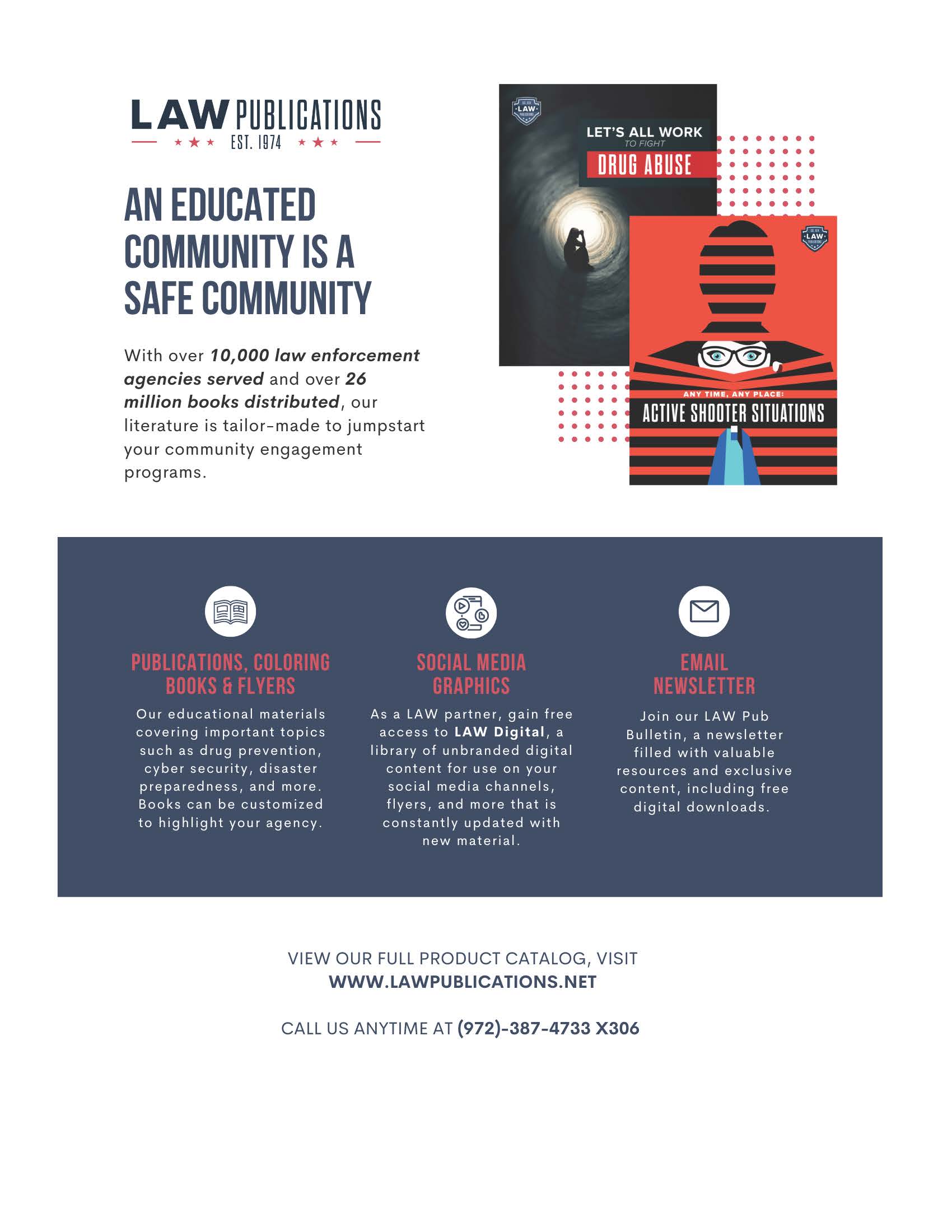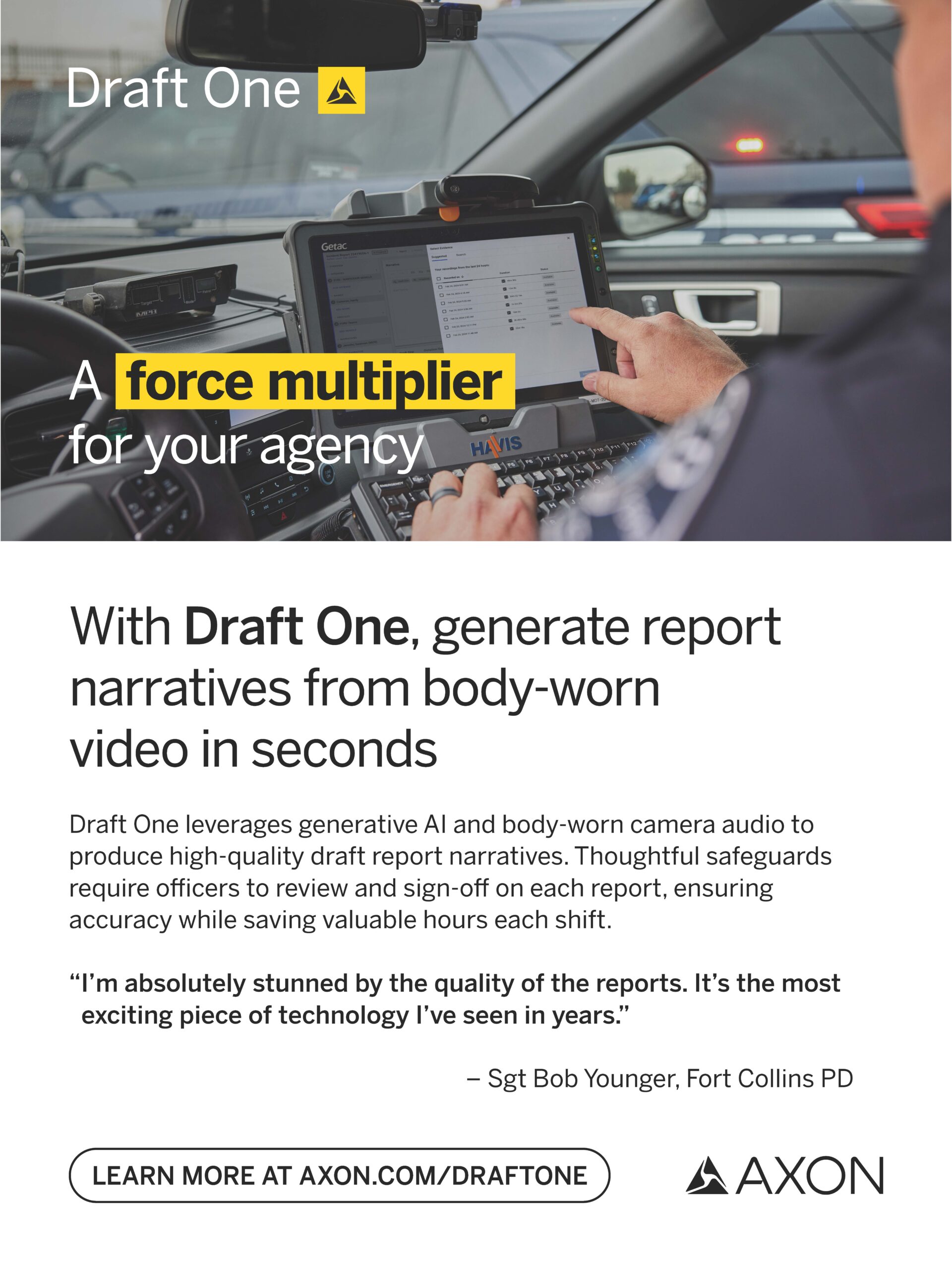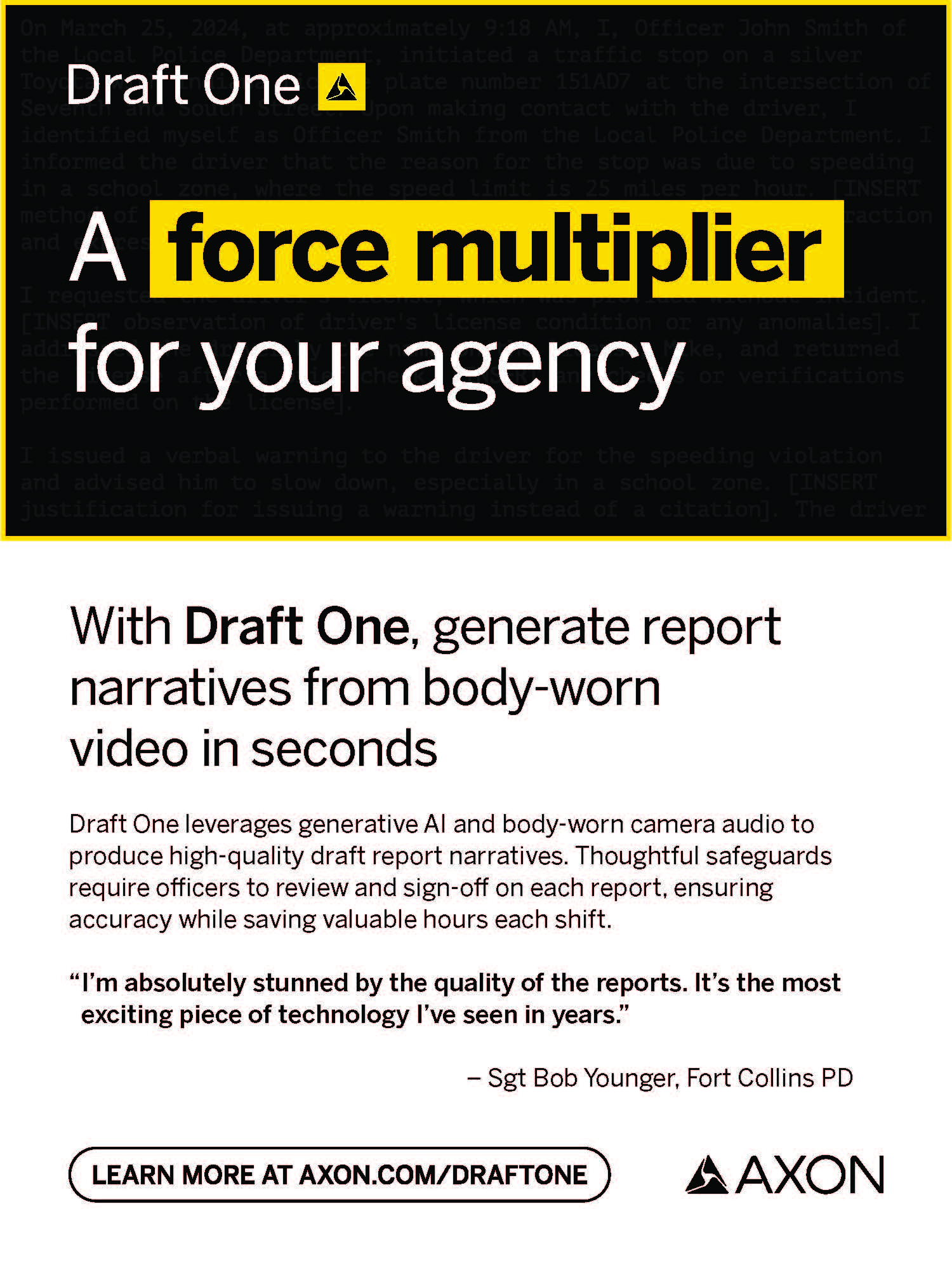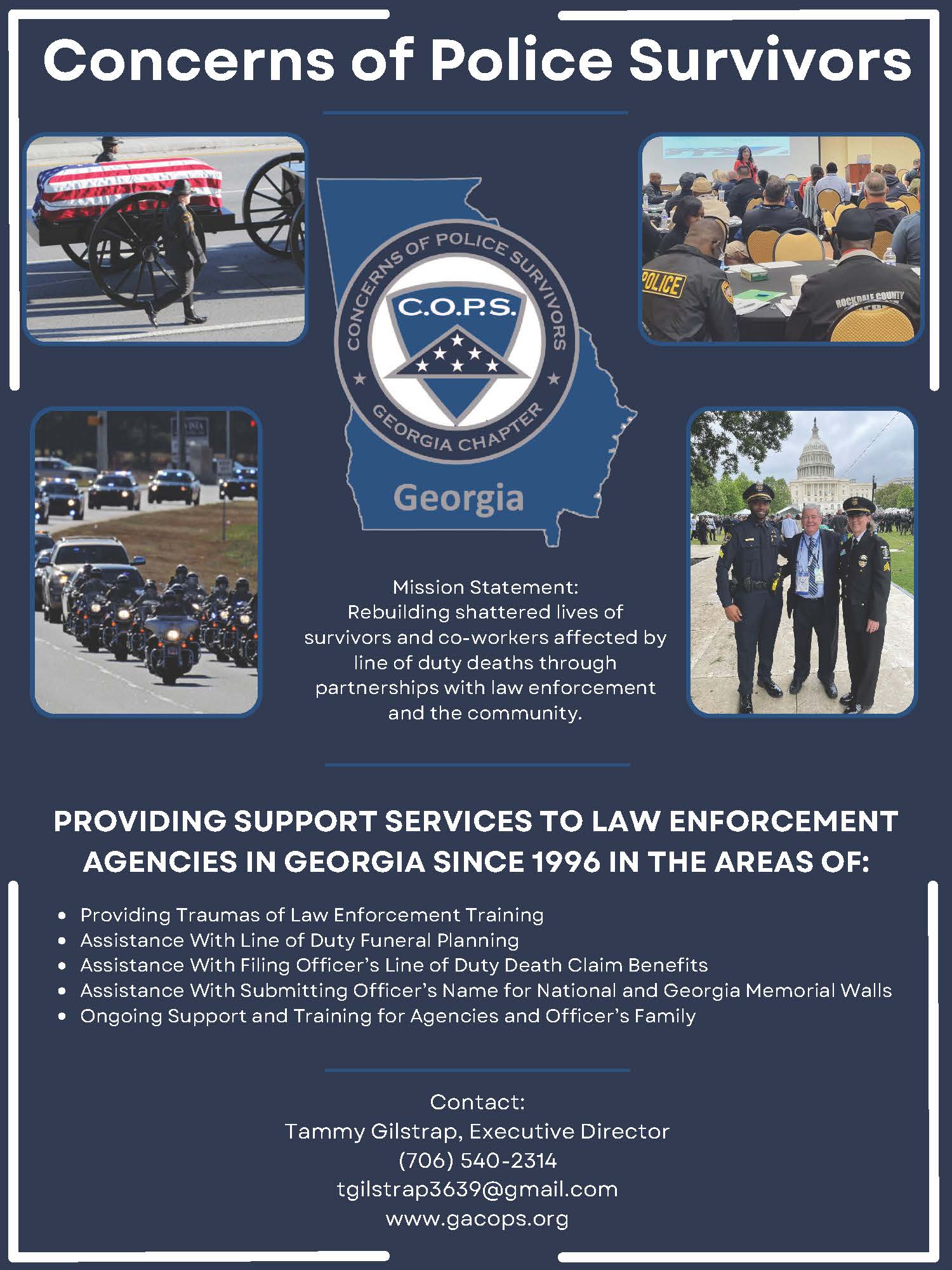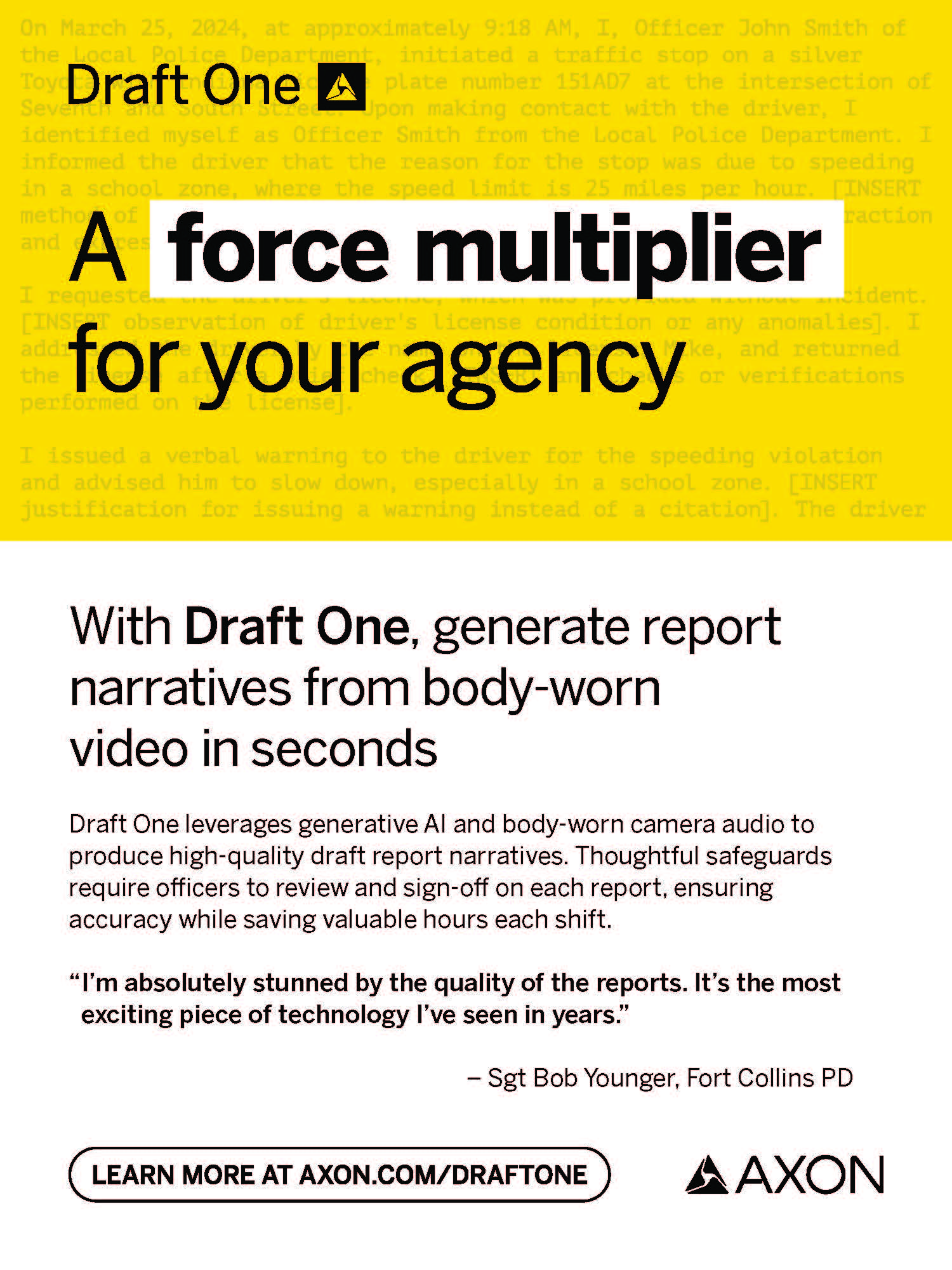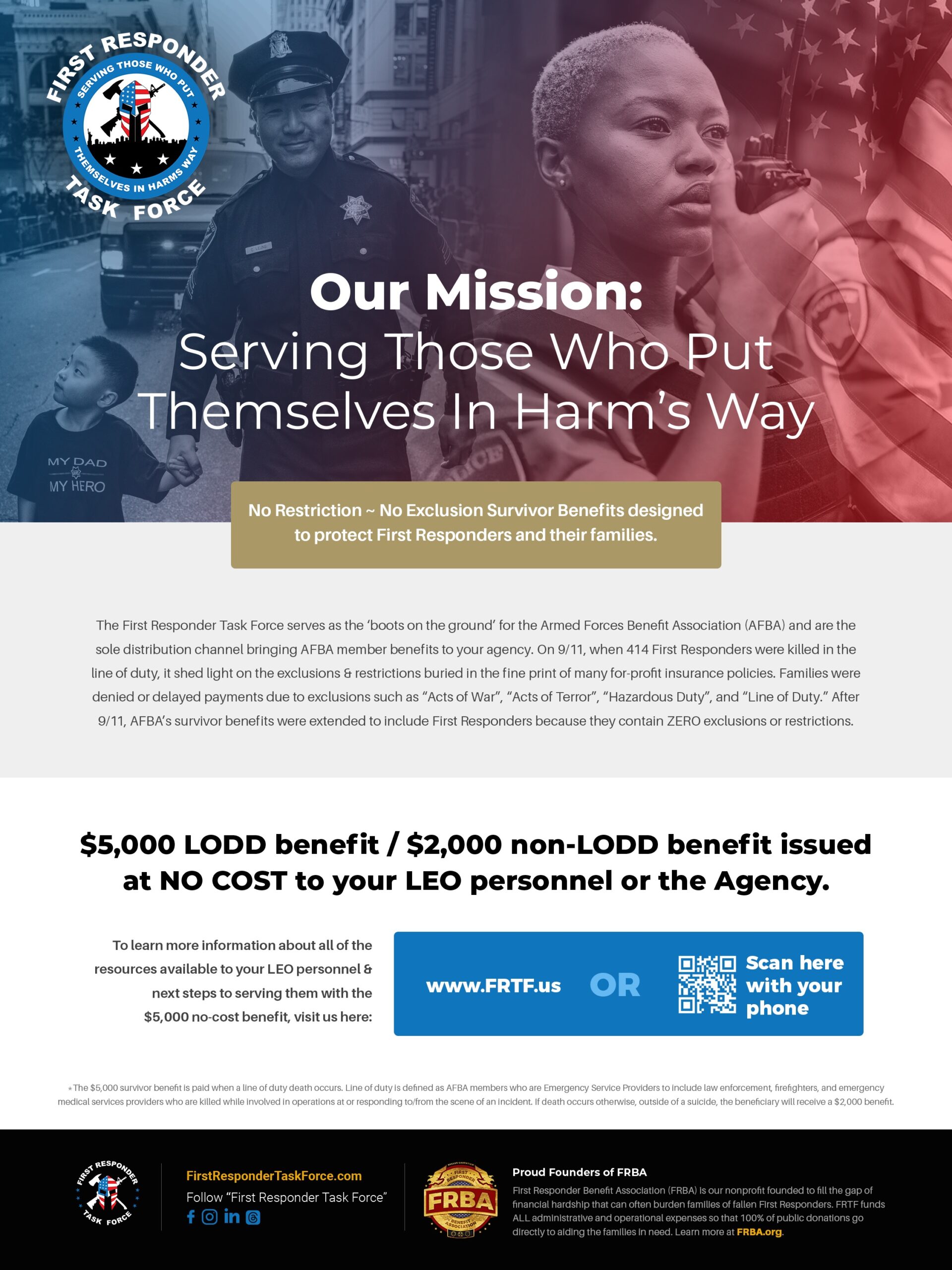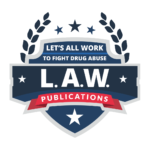
Books and Badges
Winter | 2025
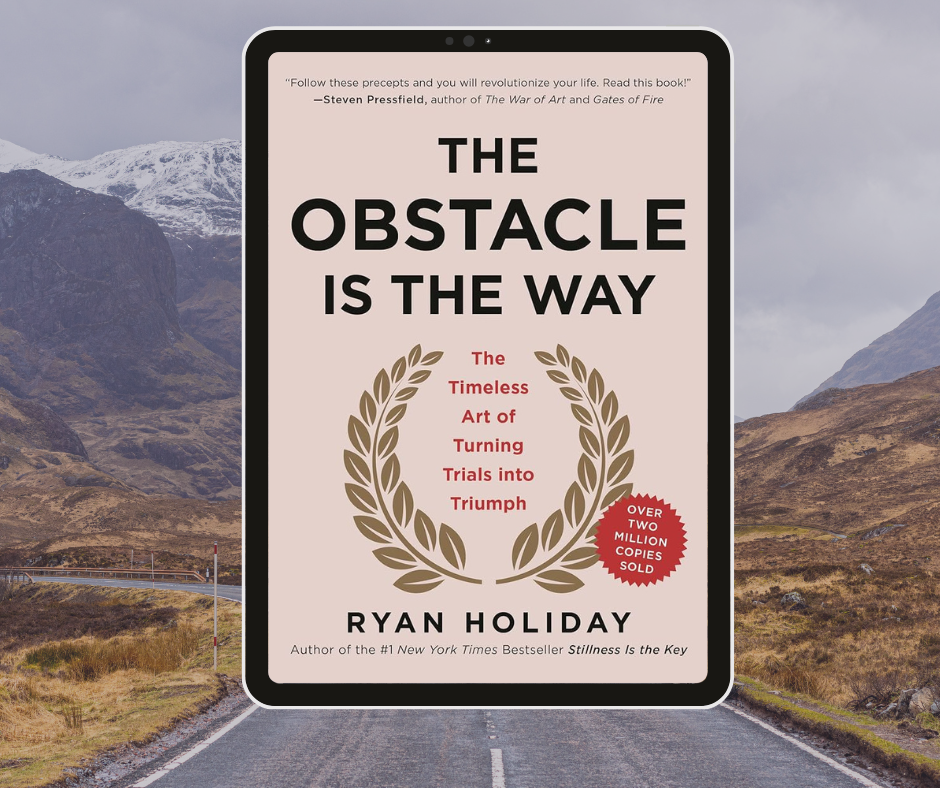
Books and Badges
The Obstacle is the way: The Timeless Art of Turning Trials into triumphs
Billy Grogan
Winter | 2025
As I read “The Obstacle is the Way,” I could not help but think how helpful a book like this could be for law enforcement leaders. We face obstacles daily, just like the people who work with us. I knew then that I needed to review the book so more law enforcement leaders could experience the power of its words.
The book was first published in 2014 and has become a modern classic in the self-improvement and leadership space. Drawing heavily on Stoic philosophy, Holiday distills ancient wisdom from philosophers like Marcus Aurelius, Seneca, and Epictetus into practical advice for overcoming challenges, setbacks, and adversity. For police leaders—who face unprecedented levels of public scrutiny, operational complexity, and constant pressure—this book can provide an invaluable toolkit for navigating the complex terrain of modern law enforcement leadership.
The Core Premise: Turning Obstacles into Opportunities
The book’s title is the core of its message: instead of avoiding obstacles, we should embrace them and use them as opportunities for growth. Holiday uses the Stoic principle of amor fati, or “love of fate,” to encourage readers to welcome challenges as necessary and even beneficial to their personal development and leadership.
This message is particularly relevant for police leaders, whose roles often involve dealing with obstacles ranging from managing internal conflicts within departments to addressing community concerns and navigating political pressures. Rather than being disheartened by such challenges, Holiday suggests these obstacles are the way forward. Leaders who adopt this mindset will handle problems more effectively and emerge stronger and more capable.
Key Themes and Their Application to Police Leadership
Perception: Changing How You See Problems
One of the central ideas in The Obstacle Is the Way is the importance of perception—how we see and interpret the challenges we face. Holiday emphasizes that while we cannot always control what happens, we can control how we perceive it. This perspective shift can dramatically alter how leaders approach adversity. I have always tried to instill this perspective in my children.
In the context of policing, perception is critical. A police chief or leader may encounter seemingly insurmountable challenges, such as public outcry following a controversial incident or internal resistance to necessary reforms. By reframing these situations, leaders can see the potential for positive outcomes. For example, a public controversy could be seen not just as a crisis, but as an opportunity to engage with the community, rebuild trust, and improve transparency within the department.
Viewing challenges as opportunities for growth rather than threats can help police leaders remain calm under pressure and make better, more strategic decisions.
Action: Emphasizing Consistent, Purposeful Action
The second central theme of the book is action. Stoicism teaches that the key to overcoming obstacles is not through excessive deliberation or emotional responses but through deliberate and focused action. Holiday stresses the importance of taking small, consistent steps toward solving problems rather than becoming paralyzed by their enormity.
For police leaders, this approach can be applied to a variety of situations, from managing department-wide changes to handling specific incidents. Consider the challenge of implementing new policies to improve community relations. Instead of being overwhelmed by the complexity of such a task, leaders can break it down into smaller, manageable actions—such as holding town hall meetings, retraining officers, or launching pilot programs. Over time, these small actions accumulate into meaningful change.
By focusing on purposeful, consistent actions, police leaders can tackle even the most complex problems without feeling overwhelmed.
Will: Cultivating Inner Strength and Resilience
The third part of The Obstacle Is the Way is about will—the inner strength and resilience required to persevere through adversity. Holiday explains that true resilience comes from accepting the things we cannot control and preparing ourselves mentally and emotionally for hardships.
This lesson is especially relevant for police leaders who face a profession that is both physically and emotionally taxing. The pressures of balancing departmental demands, community expectations, and political realities can wear down even the strongest leaders. Holiday’s focus on cultivating inner strength is a reminder that police leaders must develop mental fortitude to weather these challenges. Whether it’s dealing with tragic events, such as the loss of an officer, or navigating political controversies, resilience is critical to enduring and ultimately overcoming adversity.
Police leaders can build resilience by accepting that hardship is a part of leadership and preparing themselves to meet it with inner strength and determination.
How Police Leaders Can Integrate Stoic Practices
The Obstacle Is the Way provides police leaders with a practical framework for overcoming challenges by integrating essential Stoic practices into their daily lives. For example:
- Daily Reflection: Many Stoic philosophers, including Marcus Aurelius, advocated for daily reflection—taking time to assess how they handled obstacles and what they could improve. Police leaders could incorporate this practice into their routine, reflecting on the day’s events, their reactions, and what lessons they can carry forward.
- Focusing on What You Can Control: In law enforcement, there are many factors outside of a leader’s control, from political dynamics to the actions of individual officers. By focusing only on what they can control—such as their own actions and decisions—police leaders can reduce stress and stay focused on what matters.
- Building Resilience Through Preparation: Police chiefs can strengthen their resilience by mentally preparing themselves for adversity. This could involve scenario-based training, developing strong support networks within the department, and cultivating a mindset of adaptability and perseverance.
Conclusion
The Obstacle Is the Way is not just a philosophical book; it’s a practical guide for leaders, especially in fields as demanding as law enforcement. Ryan Holiday’s insights on perception, action, and will provide a blueprint for navigating the inevitable challenges of leadership. For police leaders, adopting the Stoic mindset can lead to more effective decision-making, greater resilience, and, ultimately, the ability to transform obstacles into opportunities for growth. In a time when law enforcement leaders face immense challenges, the lessons from this book are more relevant and valuable than ever. Click here to order a copy of The Obstacle is the Way today.

Chief Billy Grogan (Ret.)
Chief Billy Grogan (Ret.) is the President of Top Cop Leadership, a law enforcement leadership website designed to assist aspiring law enforcement leaders achieve their promotional goals up to and including being appointed as a police chief. Chief Grogan has over 43 years of law enforcement experience and 13 years as the Dunwoody Police Chief. He is a graduate of the FBI National Academy, Georgia Command College, and the Georgia International Law Enforcement Exchange (GILEE). He holds a Master’s Degree in Public Administration from Columbus State University.
More from Books and Badges:
